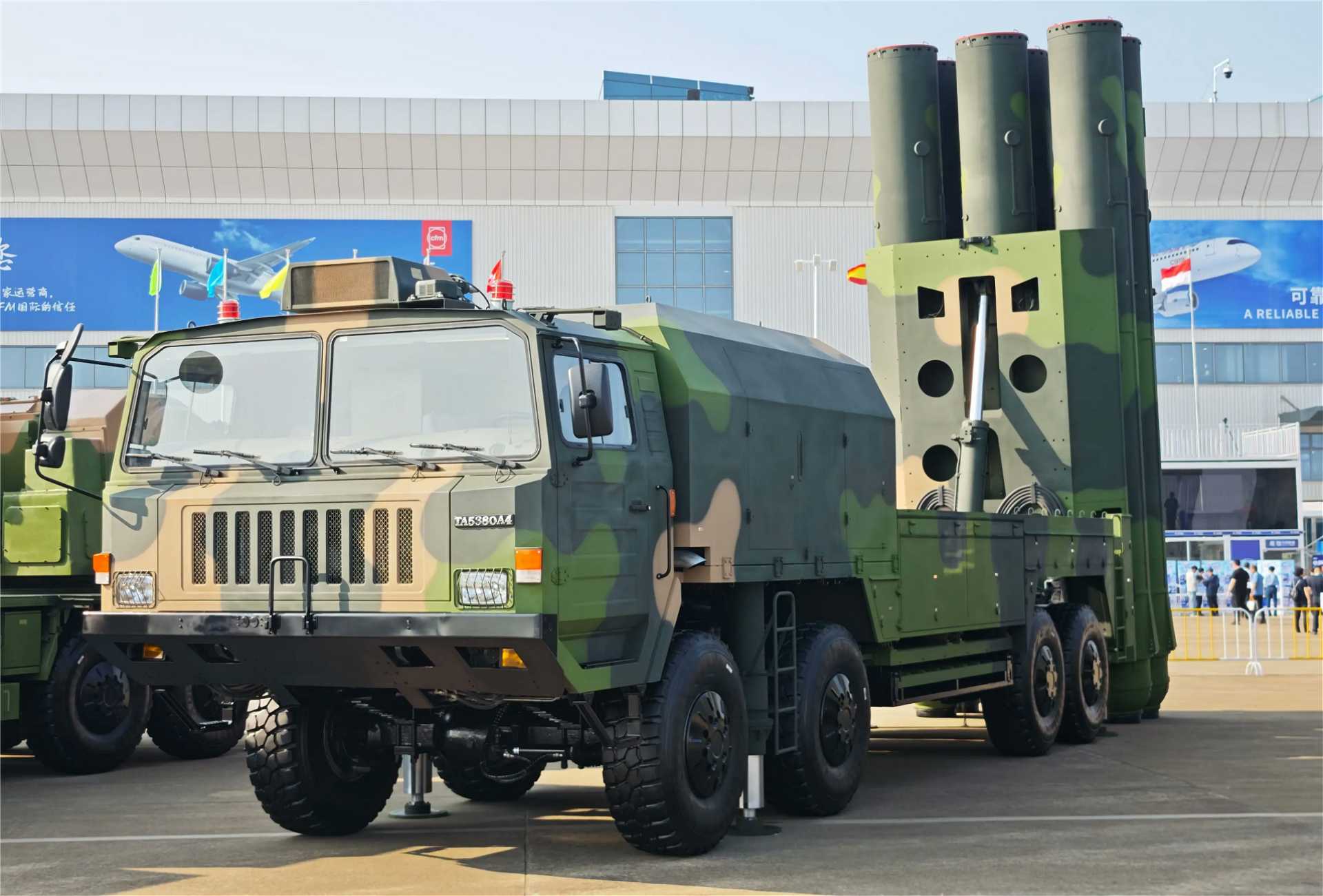
Arzan Tarapore
@arzandc
Research scholar @StanfordCISAC. Visiting research prof @US_AWC. Focus on India & Indo-Pacific security. Ex Aus @DeptDefence. Views/RT only personal.
My latest argues Op Sindoor is an evolution of Indian strategy against Pakistan. The goal is no longer to deter future attacks - they’ll keep coming - but to degrade enemy capacity. This “mowing the grass” has been used by Israel, but it’s hard & risky. warontherocks.com/2025/05/operat…

EAM Jaishankar goes further than the joint statement, stating clearly & repeatedly that the Quad’s main organizing principle is “strategic stability.” It’s no longer “international public goods.” Have other Quad members been this blunt? youtu.be/OgGukPh1a58
I had a chance to speak with @McFaul about the recent India-Pakistan conflict, Op Sindoor - what it means for their rivalry, for great power relations, etc. Take a look. cc @FSIStanford youtu.be/Fx2-ZEiwykI
I just got back from the Trump parade and I have to say it was legitimately the worst executed mass attendance event I’ve ever seen One overarching thought: how do you spend $80 million and fumble the basics? Many more thoughts - 🧵 🧵 🧵
Masterclass by @ShivshankaMenon on Op Sindoor, including on India's goal: to impose costs, not dissuade aggression. Also important observations on the Ind-Pak hyphenation (its not a thing) & China's role (most definitely a thing). youtube.com/watch?v=gizY2a…
On the 5th anniversary of the Galwan clash, watch @YkJoshi5 offer recollections - including some interesting details about Op Snow Leopard, India's QPQ action in late Aug. youtube.com/watch?v=aIY7io…
Chief IDS reiterates the main strategic signal of Op SINDOOR: terrorists can no longer count on a safe haven in Pakistan. They will have to expend effort on survival. For more on these "survival costs," see: warontherocks.com/2025/05/operat…
Chief of Integrated Defence Staff Air Marshal Ashutosh Dixit's pithy warning to Pak: Nowhere to run, nowhere to hide.
If I was a planner in Beijing, I’d be quite happy to talk up new Pakistani capabilities, to stoke Indian concerns. More new kit in Pak must be countered by more new kit in India - which means less Indian capacity for power projection. armyrecognition.com/news/army-news…

America has lost its mind. We can draw a straight line from the over-militarization of the GWOT era to this.
This We’ll Defend
UnAmerican.
“Anybody who protests the military parade on Sunday will be met with very heavy force.” - Trump More threatening military violence against American citizens. Loser.
Yes, India expects to be the leading regional power. But equally, the Raj was a colonial enterprise, and India stood against colonialism & for states’ equality. Different Indian govts have taken different positions on this tricky balance.
Sindoor showed the value of strong air defenses. Challenge for Indian planners will be to not over-learn these lessons; figuring out how to not plan for the last conflict, but anticipate a future one (with China).
Army to get three regiments of the new indigenous quick reaction surface to air missile (#QRSAM) systems, which are designed to intercept hostile fighters, helicopters and drones at a range up to 25-30 km
A strain of Indian thinking, more open these days, suggests that India should command a sphere of influence in its region. A subset of that thinks the US is what stands in India’s way. Unreal.
In our latest, I and @brigarunsahgal argue that the underlying causes of frictions in India -US relations are rooted in an outdated South Asia policy of US. The US should recognize subcontinent as India's sphere of influence to avoid misunderstandings. nationalinterest.org/blog/silk-road…
Big news. I wonder why is has to be one or the other and not both. I wonder if the trainees will get CI training.
EXCLUSIVE India’s Ministry of External Affairs has ended the Chinese language trainee program for its diplomats in Taiwan. Future diplomats will go to China for their Chinese language training.
« Il est tentant de considérer cette dernière crise comme une version légèrement amplifiée de la précédente crise indo-pakistanaise de 2019. » Retrouvez l'analyse de Arzan Tarapore (@arzandc), chercheur au Center for International Security and Cooperation de l’Université de…